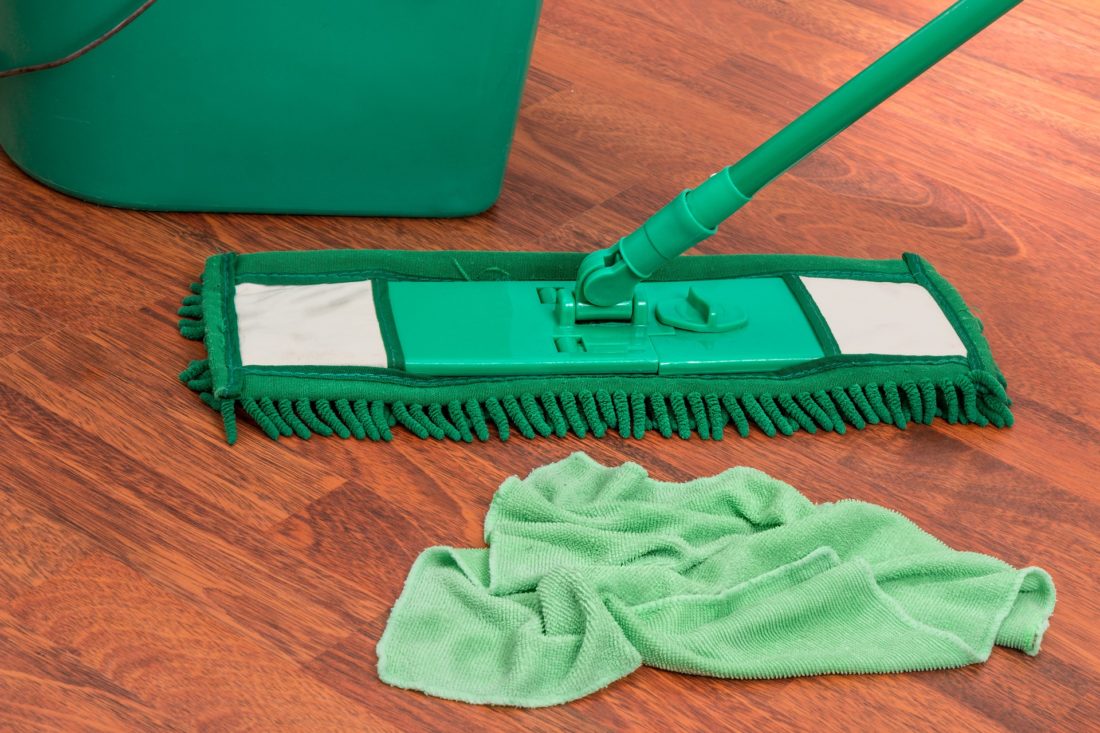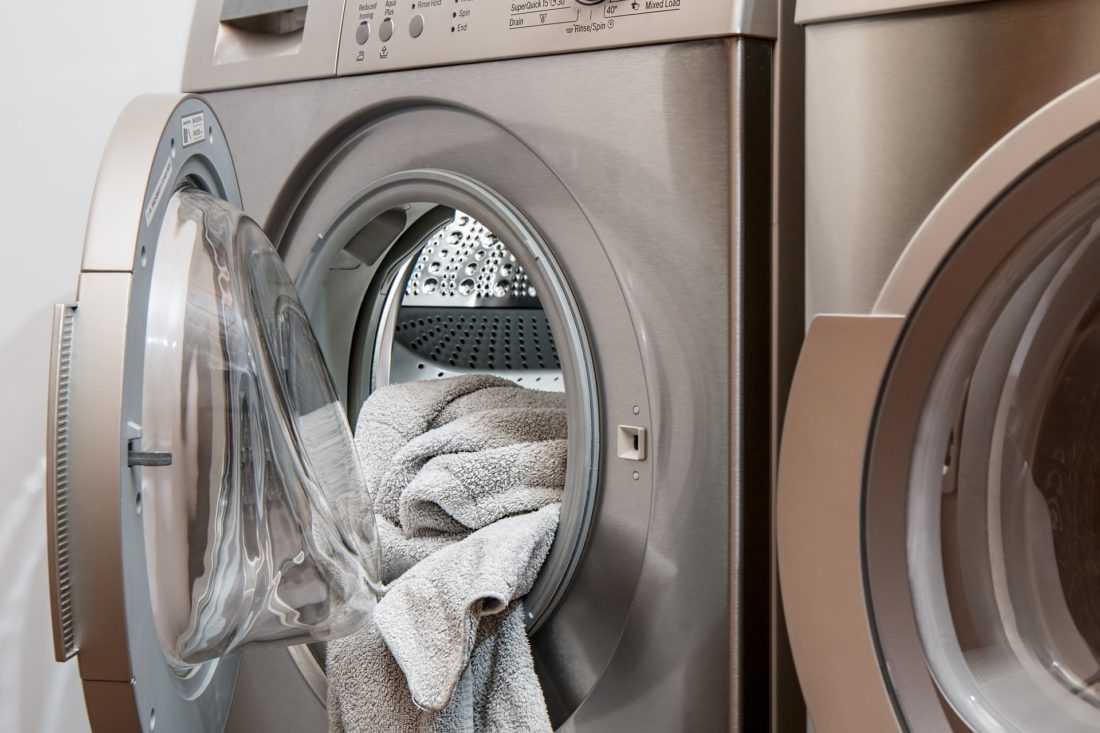There will always be things in our lives that we constantly do in one particular way. Maybe it’s something that we learned from our parents or even from school. There’s nothing inherently bad about that – if it works then it’s something worth passing down or spreading around. However, thanks to technological innovations and even just a bit of outside-the-box thinking, the “old” way of doing some things are not as efficient anymore. We’ve listed of these things below down below, as well as the most ideal method on how to accomplish these tasks.
Mopping floors

If you’ve always mopped your floor with the stringy cloth mops, you probably haven’t realized how it’s not really very effective or efficient. These shaggy mop heads don’t really pick up dirt and absorb spills and messes; they just simply smear them around until they’re diluted by the soapy water you’ve been using. This increases the risk of contamination, not to mention damaging the look and finish of your floors. For the right way to mop and clean your floors, use a microfiber mop instead. The microfiber material holds on to every piece of debris much more effectively thanks to the tiny, microscopic fibers densely packed across its mopping surface. The material is also very absorbent, allowing you to mop up spilled liquids more quickly and effectively.
Cleaning blenders
Besides being handy for smoothies and other blended drinks, your blender’s main blending function can also be used to clean itself. How? After you’re done using your blender, simply pour some warm water into the carafe, add a splash of dishwashing soap, and activate it as you normally would. The warm water will help loosen up sticky residues and the spinning action ensures that the dishwashing soap reaches every nook and cranny, including the surfaces of the blade. To rinse thoroughly, replace the soapy solution with clean water; do this twice to make sure you get all the suds off. This method is especially valuable for blenders and similar appliances with fixed parts.
Using laundry detergent

When it comes to using laundry detergent, a lot of us probably think “the soapier, the better.” However, this is the wrong principle. Besides the obvious expense of having to constantly refill our detergent stocks, using too much detergent with every load of laundry can also result in skin irritations, dull colors, and stiff clothes. Ditch the measuring cup that comes with the detergent package and use only 1 to 2 tablespoons of detergent, depending on your washing load. You also don’t have to strictly follow the recommended amount indicated in the label. More often than not, these numbers are “padded” so you’ll run out of detergent more quickly, which means a faster turnover and bigger profit for the manufacturers.
Cleaning lint off of cloth and other materials
Lint is just annoying to deal with, especially on dark clothes. If you find that there’s just too much lint on your clothes and your sticky roller isn’t working as well as it used to, then use a brand-new razor shaver instead. A cheap, single-blade razor will do the trick for those very stubborn lint buildups. Just make sure to use light-handed strokes so you don’t damage the fabric!
Cleaning or washing store-bought chicken before cooking
Contrary to popular belief, you don’t need to wash raw store-bought chicken before you cook it. As long as the packaging has stayed intact during the trip from the grocery store and back to your home, then taking the chicken out and immediately cooking it without washing is fine. In fact, washing raw chicken and other meats can cause the spread of bacteria in your kitchen and sink. The heat involved in the cooking process is more than enough to kill off any microbes and germs you may be concerned with.
Deodorizing your refrigerator
Do you usually have leftover food stored in the fridge? If yes, then you’re probably familiar with a rather smelly problem as the aroma of sauces and spices mingle with other scents in your refrigerator. Don’t fret! You don’t need any fancy deodorants for your refrigerator. Simply leave a bit of fresh, activated charcoal in your fridge in an open plastic container on one of the shelves and let the charcoal do its magic in absorbing organic particles – such as odor molecules – in the air. Just make sure to replace it every now and then.
We know how hard it is to break the habit when it comes to doing certain tasks in the way that we’re used to, especially if we’ve been doing them for a very long time. However, by keeping our minds open to new ways of doing things and being mindful as we do so, we can end up saving our time, money, and energy – maybe even the environment!







